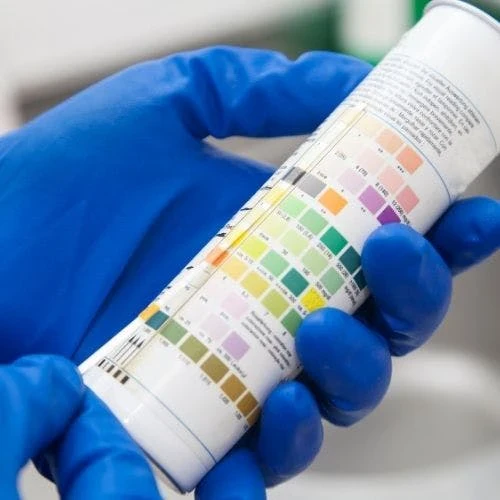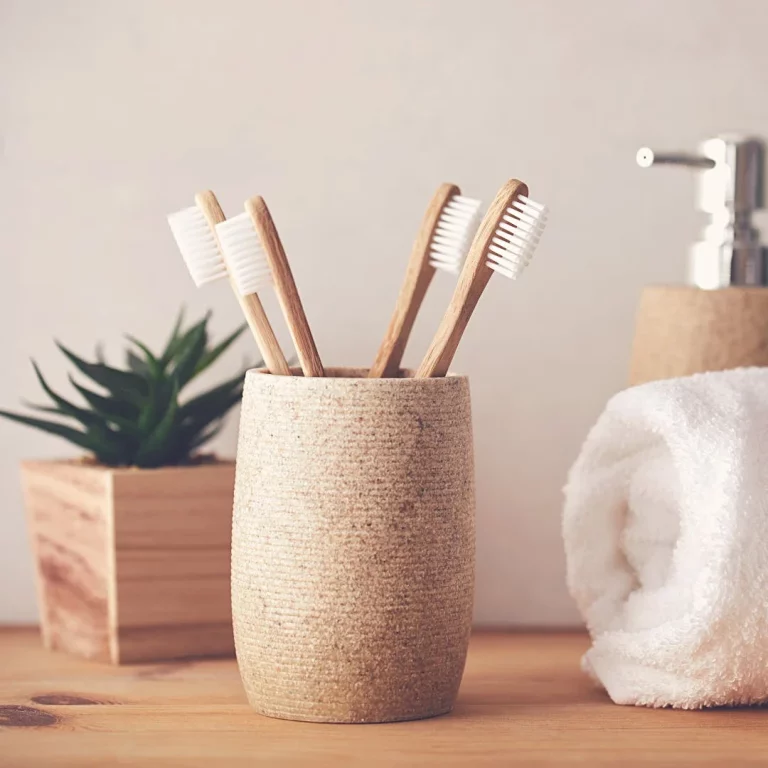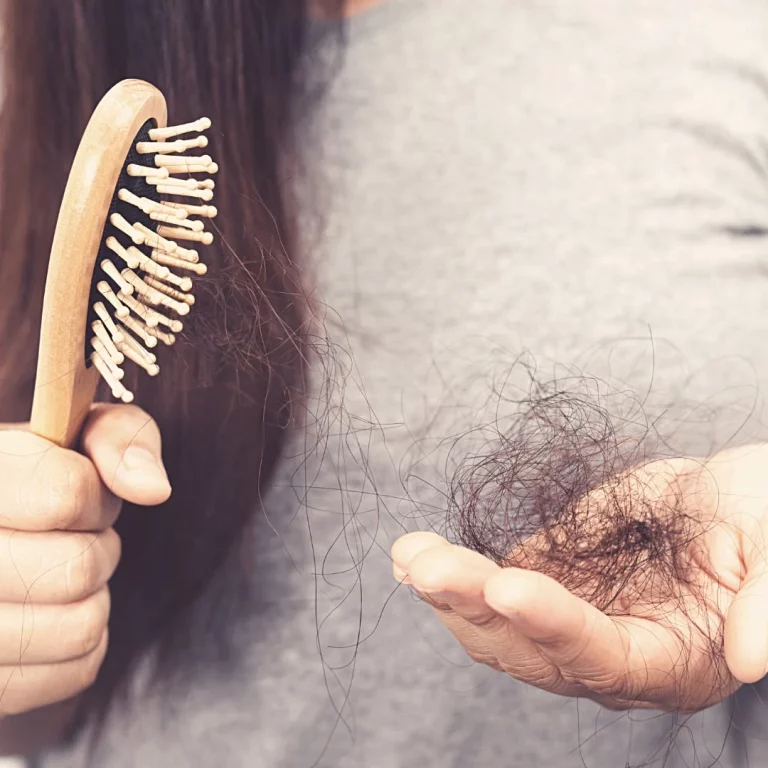Neon Yellow Pee – What Causes It?
Urine should be yellow. Each person has a different “normal” in the color range from very pale to darker shades of yellow. You should recognize when your urine color is average for you. When you drink the proper amount of water a day, urine is probably pretty light yellow. The more dehydrated you are, the darker it will look. If your urine is cloudy, or a color other than yellow, or brown, or if it smells unusual, consult your medical professional.
Causes Of Bright Yellow Pee
Vitamin Supplements and Medications
One common cause of neon yellow urine is the consumption of vitamin supplements, particularly B-vitamins like riboflavin (B-2) and cobalamin (B-12). These vitamins are known to cause fluorescent yellow-green urine when consumed in excess, especially through supplements or multivitamins. Medications that contain these vitamins can also be a contributing factor. Check the labels of your over the counter products or seek professional medical advice regarding your medications to determine if your they might be causing your urine to be a different color
Dehydration Can Cause Neon Yellow Pee
Dehydration can result in a darker urine color, and in some cases, may present as a neon yellow shade. This is due to the increased concentration of urochrome pigment, which is produced when the body breaks down hemoglobin.
Normally, the urine color depends on the dilution of this pigment; however, when the body is dehydrated, or your drinking less water than usual, the urine becomes more concentrated, which may lead to a brighter yellow color or dark yellow color. This is usually not a cause for immediate concern, try to drink plenty of water and assess if it goes back to the normal urine color of pale yellow, like lemonade.
Color Of Urine If Dehydrated
As mentioned, keeping hydrated is a good thing, especially if you exercise vigorously. If you have worked out or have been dealing with summer heat, you probably should increase your water intake. It’s important to monitor your hydration level during exercise. You want to ensure you’re drinking enough water but not excess amounts.
You might be able to notice you’re drinking too much water if you develop clear urine. In rare cases this can lead to a serious health problem called hyponatremia. This can be noted by symptoms such as headache, confusion, fatigue, nausea and vomiting and requires immediate medical attention. Alternatively if you don’t drink enough water you could develop severe dehydration during intense exercise.
Aim for your urine to be a lighter yellow in color and always drink when you are thirsty If your urine is darker than usual after exertion, have a glass of water. If you are consistently dehydrated, you will notice your urine gets darker.
A side effect of extreme exercise can be an unusual urine color. Excessive exercise can break down muscle cells and cause a potentially serious health problem. This can lead to brown urine and pain due to muscle cramping.
Especially if you are also experiencing muscle pain, seek medical attention quickly from a health care provider as it can be a sign of kidney disease. This could be a serious medical condition called rhabdomyolysis where urine can look red or brown.
Related: Weight Loss Sleeve Gastrectomy Vs Gastric Bypass For Weight Loss?
Diet And Bright Yellow Pee
Diet can affect the color of your urine and can cause neon yellow urine. For instance, beta carotene, a precursor to vitamin A, can lead to bright yellow urine or even orange urine when consumed in large amounts. This nutrient is found in yellow and orange foods like carrots and sweet potatoes. The beta carotene that we are encouraged to consume in carrots and sweet potatoes converts to Vitamin A which can make your urine darker or even orange.
Additionally, natural foods like berries and beets can contribute to a neon yellow color, even without the presence of vitamins or supplements. These can also produce red urine. Some processed foods also contain dyes that will affect the color.
Red or pink urine could also be a sign of red blood cells, or bleeding in the urinary system. Possible causes of blood in the urine include bladder cancer, kidney cancer, vaginal atrophy, kidney stones, or other kidney problems This could also be a sign of a urinary tract infection which is often accompanied by cloudy urine or an odor change. If you notice red urine it’s important to see a healthcare provider to rule out any serious medical conditions.
If you have recently switched or added certain vitamins to your regimen, you should realize that the B vitamins like B-2 and B-12 can cause urine to fluoresce into almost a yellow-green color. This includes those shakes that have a lot of riboflavin and cobalamin. Vitamin C may show up darker or even orange. Vitamin C is also high in foods like tomatoes, strawberries, and broccoli.
Medications That Change Urine Color
Medications can also affect the appearance of urine. This includes over-the-counter as well as prescription versions. Examples include phenazopyridine (Pyridium) and rifampin are known to produce an orange hue. Laxatives and some chemotherapy treatments also change the color of urine.
If you have ruled out dehydration, food sources, and medicines, but you still notice discoloration, cloudiness, or an unusual odor, you may have developed an infection or issues with your kidneys or bladder. This can be a sign of a serious illness or condition. Consult a physician as soon as possible to rule out anything critical. Especially if the discoloration is accompanied by any other symptoms like fever, pain, or vomiting.
Age and gender play important roles in the chances of developing some condition or illness. Most women will, at some point, develop a uterine tract infection (UTI) and men can have problems with their prostate gland, either of which can cause bleeding expelled through the urinary tract. For children, urinary tract bleeding is very serious and should be addressed quickly by medical personnel.
Seeing A Doctor For Bright Yellow Pee
Make sure you regularly take a look at the color of your pee in the toilet bowl. If you have consistent neon yellow pee or urine it is important to talk to your doctor. When you visit the doctor and he or she orders a urinalysis, you should be prepared to answer a number of questions especially about your fluid intake, when the discoloration began, sleep patterns, smoking, unexplained weight loss, rashes, and any changes in your regular routine. Through a physical examination and the results of your blood work, the physician should be able to direct you to a cause and treatment options.
Sources:
https://www.urmc.rochester.edu/encyclopedia/content.aspx?contenttypeid=19&contentid=vitaminb-2
We discuss products we think are useful to people. If you buy something through our links, we may earn a commission. Remember to check with your personal physician to see if a product recommended is right for you.








